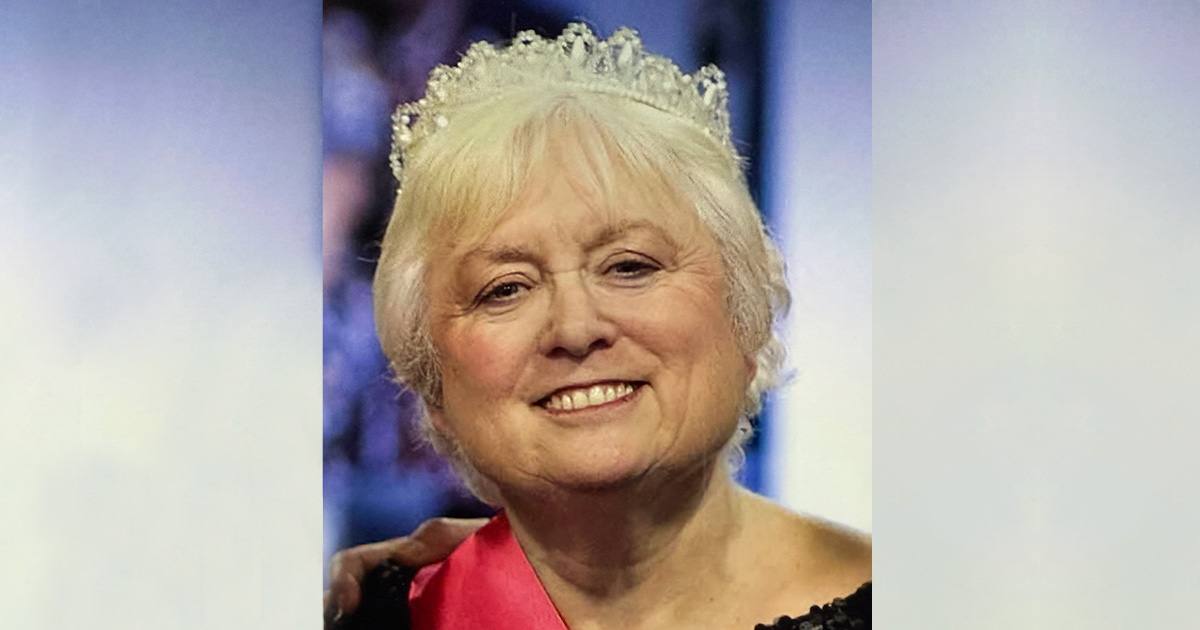Commissioning is a way of moving funds around the health service, using local knowledge to decide where that money goes. For primary care practices, this means having an indicative budget and paying for services to meet their patients’ needs. In order to select the right services, the experience and knowledge of nurses is essential.
Commissioning represents a series of processes that together determine how the health budget is used. The process must result in a good deal for both taxpayers and service users, where taxpayers receive value-for-money and high-quality services are available at the same time (National Diabetes Support Team [NDST], 2006a). For example, the commissioning process can involve the following.
- An assessment of local need.
- Design of a specification to meet that need.
- Procurement of services to deliver the specification.
- Proactive monitoring.
The first two points are particularly relevant for nurses as they are optimally placed to provide unique in-depth knowledge of local need (DoH, 2005a).
There are several different types of primary care commissioning that are all essential components of an effective commissioning process (NDST, 2006a). The second and fourth points are discussed in greater detail as part of this article.
- PCT commissioning – where PCTs commission services on behalf of their local population.
- Payment-by-results (PbR) – provides another way for money to move around the NHS.
- Joint commissioning – where PCTs and local authorities commission services together to support better integration between health care, social care and other local government services.
- Practice-based commissioning (PBC) – where practices take on delegated indicative budgets to become more involved in commissioning decisions.
Practice-based commissioning
PBC is a voluntary scheme for practices that gives participating practices and professionals more freedom to develop local services that better meet the needs of their patients.
Although PCTs retain ultimate accountability, PBC allows frontline clinicians to be involved in the commissioning process (DoH, 2005b). Practices can plan which services they want to redesign, how they will do this and how they will reinvest any resources that are freed up. All PCTs have now created the right environment to enable and encourage practices to get involved in PBC (DoH, 2007).
Payment-by-results
Payment-by-results (PbR) is another part of the commissioning jigsaw and simply provides another way for money to move around the NHS. It provides commissioners with national currencies or ‘tariffs’, enabling providers to be paid a set price for the services they supply. It has been designed to support financial flows between PCTs and acute trusts, using a tariff based on consultant episodes (NDST, 2006b). The aim is to reduce complex negotiations on the cost of services and allow commissioners to focus on quality. An example of such a tariff is shown in Table 1.
The White Paper, Our care, our health, our say: a new direction for community services (DoH, 2006b), recognised that future work is needed to ensure that the system supports commissioning for people with long-term conditions. Currently, PbR does not cater for the multidisciplinary clinics that are often a central part of diabetes care. The payments for these must therefore be agreed locally. This means that diabetes nurses have a significant role to play in PbR. They are the people who have the knowledge of the local community and this is essential information when negotiations are taking place.
Nurses and the commissioning process
Nurses have a vital role to play in the commissioning process (DoH, 2006a). In terms of policy, nurses are specifically named as being essential to the commissioning process:
‘Other professionals such as nurses and physiotherapists, have a vital role to play in assisting the redesign and commissioning of services. The structure, especially in commissioning consortia, needs to enable this input to be made.’
(DoH, 2006a)
‘It [PBC] places primary care professionals including GPs, nurses and practice teams, working alongside secondary care clinicians and other primary and allied health professionals, at the heart of decision making to commission services for their local population.’
(DoH, 2006c)
While there are constraints and challenges that nurses will need to overcome, there are also valuable skills that many nurses already possess. For example, Kaufman (2002) identified several factors that describe the following unique value of nurses.
- Close proximity to patients.
- Ability to communicate with many different sorts of people, who have a variety of roles.
- Standard setting and quality monitoring.
- Clinical knowledge.
- Balance between business and health care.
- Awareness of populations’ needs.
Others have echoed these points and asserted that nurses can make a difference (Duffin, 2006) and have a key role in identifying gaps and duplications (Roberts, 2006).
In terms of establishing the health needs of a community – the first stage in any commissioning process – nurses have first-hand knowledge. This was highlighted by the DoH in Creating a Patient-Led NHS: Delivering the NHS Improvement Plan (DoH, 2005a):
‘Becoming patient-led means thinking about the whole person and being as much concerned with health promotion and prevention as dealing with sickness and injury. It also means giving those working closest with patients – frontline staff – more autonomy and authority to act. They are best placed to be able to understand patients’ needs and act accordingly.’
The DoH highlights the value of partnership working in the new NHS and insists that all healthcare professionals should be at the heart of decision-making (DoH, 2006a). Diabetes nurses should, according to this, be automatically involved in making decisions at all levels. Commissioners are likely to want to involve a wide range of different service providers, including providers from the independent sector, voluntary organisations and social enterprises, in order to meet the specific needs of their population and will therefore need to ensure that commissioning decisions are not inappropriately influenced by any one particular provider. This issue can be overcome through nurse involvement in the clinical networks that are becoming more involved in the commissioning agenda.
Constraints to nurse involvement in commissioning
Barriers to nurses getting involved in commissioning cannot be ignored. In his research, Kaufman (2002) identified the following factors which constrained nurse involvement.
- Historic prejudices from other professionals.
- Lack of support.
- The tendency of doctors to be automatically placed in charge and becoming dominant.
- Clinical caseloads.
- Lack of specific knowledge.
- Lack of specific skills.
- Conflict among nurses.
Many nurses are already indirectly involved in commissioning, while others have had to overcome barriers to their involvement:
‘It is often the case that nurses have to battle their way to the decision table when new NHS initiatives are proposed. Practice-based commissioning is no different, despite the Government’s and GPs’ keenness for nurses to become involved.’ (Duffin, 2006)
Dual roles
It will be important for nurses to be clear about their role in influencing commissioning decisions. Nurses are likely to be providing services directly, as well as wanting to influence the broader commissioning decisions that are made about the services available to their local population. This creates potential for a conflict of interest if a diabetes network that a nurse is actively involved with is also advising commissioners on diabetes services that they may be involved with providing.
Skills and knowledge
It has been established that skills and knowledge are important if nurses are to become more engaged in system reform (Kaufman, 2002). While highly competent in clinical situations, networking and political influencing have been identified as key skills that nurses need to develop.
In its document looking at nurse executives’ engagement in commissioning the Royal College of Nursing (RCN) identified strategic, clinical, leadership and technical skills deemed essential for effective commissioning (SHA Network, 2005). Furthermore, in 2002 Kaufman identified the following areas of knowledge and skills as central to commissioning in his paper which looked at the nursing contribution to commissioning in primary care.
- Communications.
- Finance.
- Marketing.
- Organisation.
- Budgeting.
- Management.
He concluded that:
‘Although nurses have key knowledge and skills from which commissioning will benefit, they will need additional training to perform effectively in commissioning roles.’
This skill development could be seen as an opportunity to expand the nursing role, but there is a need for learning to be shared to gain full benefit to the NHS (Dilks, 2006). This benefit has also been noted by the World Health Organization (WHO; 2002):
‘When their skills are utilized to full capacity, nurses and midwives have proved that they can cut costs and improve the quality of care within a variety of differing health care contexts.’ (WHO, 2002)
Leadership
In the past few months, a discussion has been initiated in the Journal of Diabetes Nursing into diabetes nurses and leadership (Scott, 2006). The DoH has identified that clinical leadership is essential for the NHS to move forwards (DoH, 2005a). This is echoed by the nursing community (Sawbridge, 2007). As a part of this discussion Sue Roberts, National Clinical Director for Diabetes, wrote of commissioning recently:
‘It is a strategic process involving partnership with service users and clinicians. I believe that nurses, working through local diabetes networks, have an important contribution to make to this’ (Roberts, 2006).
She went on to voice her concern that there are simply not enough diabetes nurses making themselves heard in service development, creating what she calls an ‘engagement gap’.
Conclusions
Commissioning is central to all current health policy and the DoH is keen for nurses to become more involved. Nurses offer a unique viewpoint when working in a commissioning group, particularly because of their close proximity to patients. They are well placed to spot gaps and duplications. This provides vital information when assessing the population and designing a service.
There are, however, constraints and barriers to nurses being involved in the commissioning process. These are due to traditional boundaries, historic prejudices, case loads and skills and knowledge gaps. Skills and knowledge identified as useful for commissioning involvement include political persuasion, marketing, management and organisation. Leadership has also been labelled vital if nurses are to make their presence felt in the new NHS.
All the evidence examined in this article points to the fact that nurses have to be proactive if they are to become more involved in commissioning and the wider system reform agenda.





NHS England to allow weight-loss injections for prioritised patient cohorts from late June.
5 Apr 2025